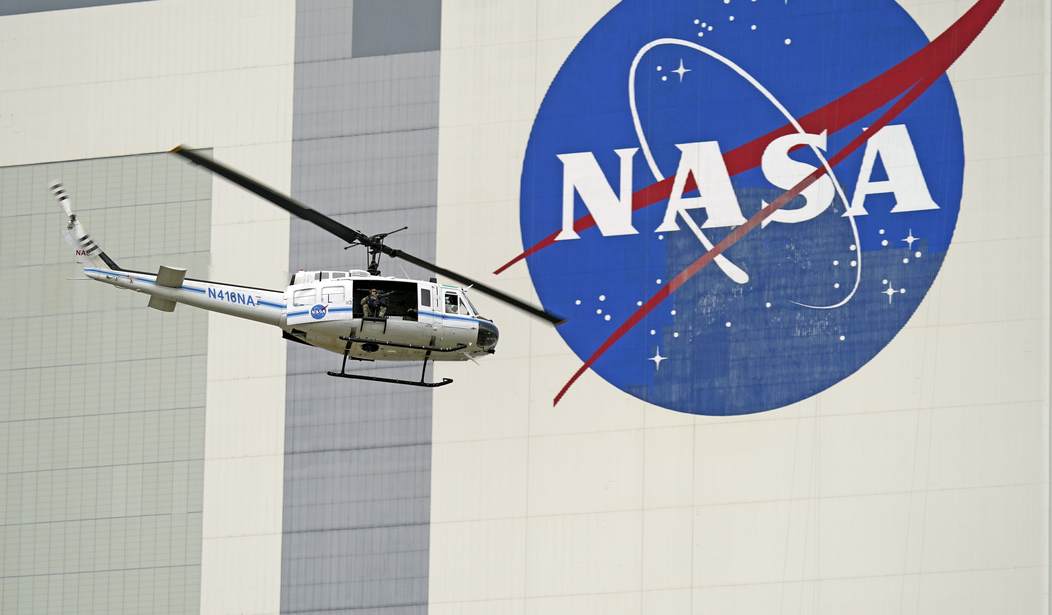On Tuesday, the National Aeronautics and Space Administration (NASA) announced the launch of its new Mission Equity effort:
“NASA is a 21st century agency with 22nd century goals. To be successful, it’s critical that NASA takes a comprehensive approach to address the challenges to equity we see today,” said NASA Administrator Bill Nelson.
“The agency’s new Mission Equity is a bold and necessary challenge for NASA to ensure our programs are accessible to all Americans and, especially, those living in historically underserved communities across the country. Because when NASA opens doors to talent previously left untapped, the universe is the limit.”
Initiated by an early Biden executive order (E.O.), “Mission Equity” is NASA’s attempt to “assess expansion and modification of agency programs, procurements, grants, and policies, and examine what potential barriers and challenges exist for communities that are historically underrepresented and underserved.”
Of course, striving for “open doors” or equality of opportunity should absolutely be encouraged. All Americans should have the opportunity to be considered for employment at NASA and other government agencies.
The problem becomes when equity beyond opportunity is the focus. If unalterable human characteristics — like race, gender, or disability — are prized over actual relevant employment qualifications, the door is open for discrimination and mediocrity.
Neither Biden’s E.O. nor NASA’s “Mission Equity” differentiates potential NASA employees by qualified levels of education, skill, or experience. More disturbingly, neither narrows down exactly who “eligible individuals” of racial equity may be:
[Agencies shall] study methods for assessing whether agency policies and actions create or exacerbate barriers to full and equal participation by all eligible individuals. The study should aim to identify the best methods, consistent with applicable law, to assist agencies in assessing equity with respect to race, ethnicity, religion, income, geography, gender identity, sexual orientation, and disability.
It doesn’t take a rocket scientist to understand that this hyper-focus on characteristics like race–not actual employment qualifications–could lead to unqualified individuals being employed at NASA simply based on their human characteristics or membership in an “underserved” or “underrepresented” community.
That is wholly unacceptable.
No American — regardless of his of her race or membership in a “historically underserved, marginalized” group negatively “affected by persistent poverty and inequality” — should ever be hired by NASA et al. without first being eminently qualified through education, skills, and experience.
Moreover, focusing on unchangeable human characteristics will almost certainly lead to discrimination against those individuals not of the “preferred” characteristics.
Recommended: Lori Lightfoot’s Racist Policy Is a Terrifying Omen For America’s Future
To be clear, removing barriers to opportunities in government is a worthy goal as long as education, skill, and experience are the ultimate criteria used. Anything else is not only inequitable and illegal–it’s downright unAmerican.










Join the conversation as a VIP Member